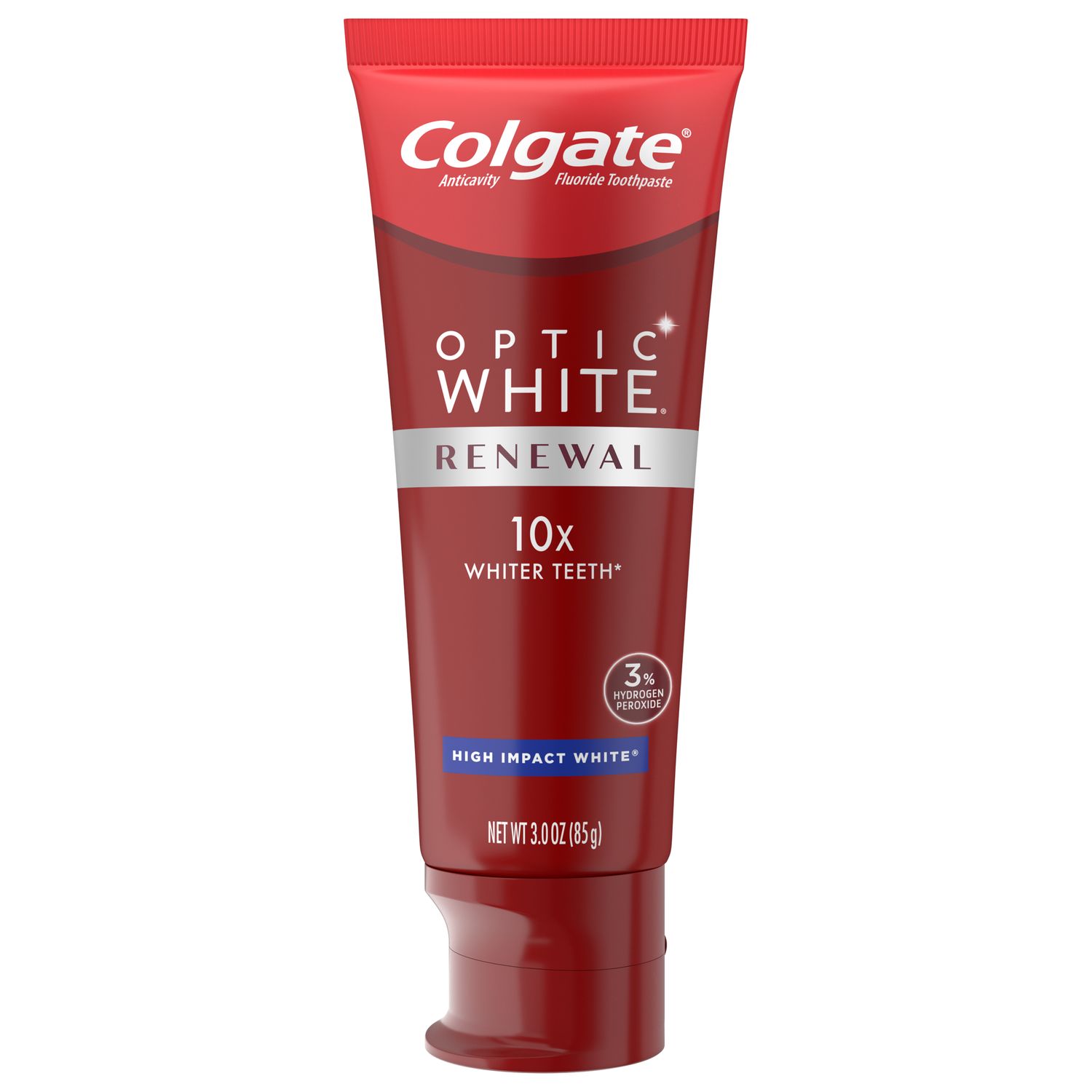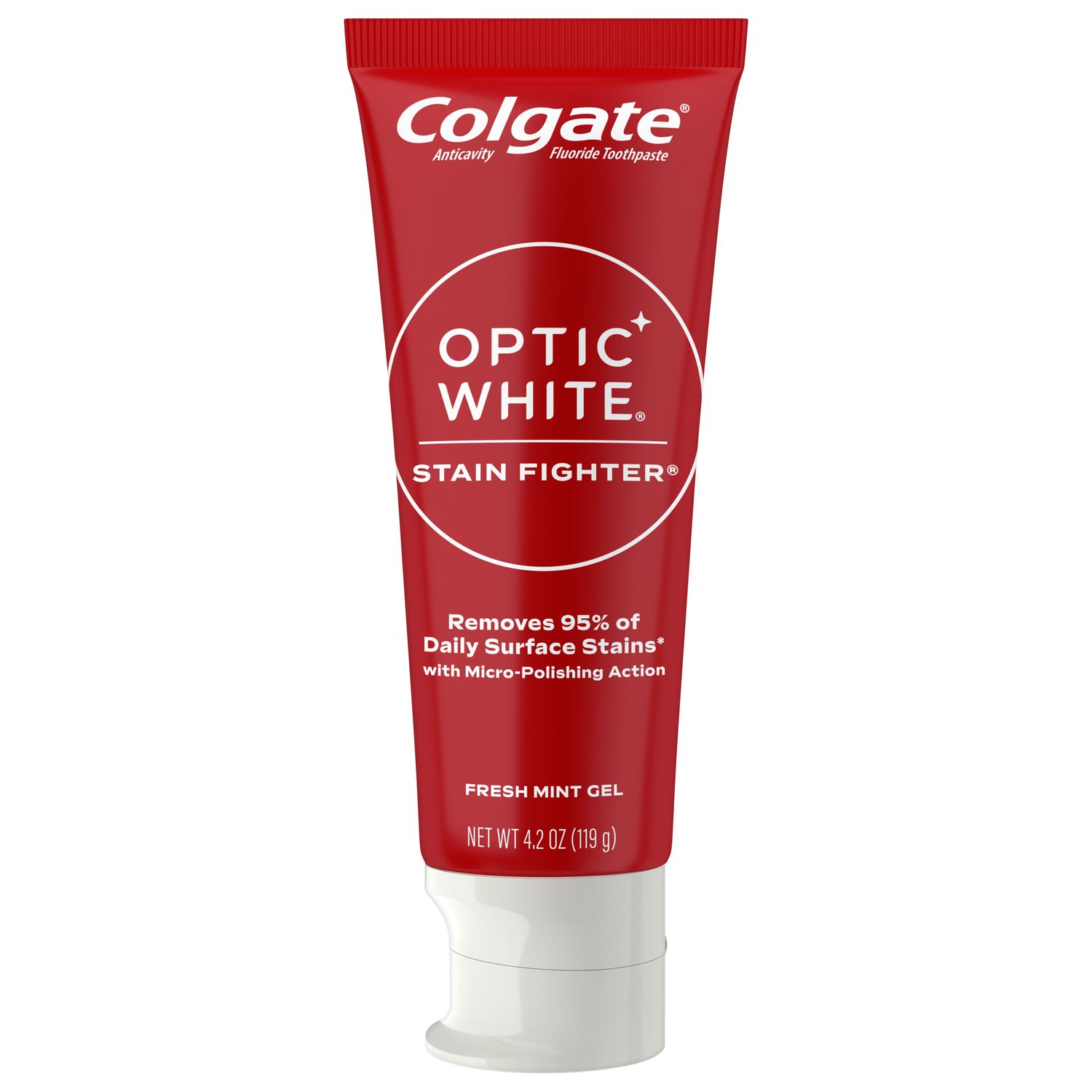Start by Talking to Your Dentist
If you’re wondering how to get white teeth, start by having a conversation with your dentist. They can help you find the best teeth whitening treatment and point out any risk factors. For example, you may need to address tooth decay or gum disease first so that you can limit tooth sensitivity and gum irritation while whitening. Any whitening treatment will work best on healthy teeth.
The dentist can also identify whether the stains you wish to whiten are extrinsic or intrinsic. Extrinsic stains occur on the surface of the tooth and can usually be removed through mechanical efforts. However, intrinsic stains involve the surfaces beneath the enamel. They require bleaching, a chemical reaction that changes the color of the tooth. The category of stain affects the type, length, and number of treatments needed to obtain the desired result.
Finally, restorations like veneers, crowns, implants, or fillings can not be whitened using traditional methods. You'll need to consult your dentist if you wish to brighten these restorations or the surrounding teeth.
Over-the-Counter Teeth Whitening Methods
If brightening your smile from the comfort of your own home sounds appealing, you can start with over-the-counter (OTC) methods to whiten teeth.
Whitening Toothpaste
Whitening toothpaste uses mild abrasives to scrub your tooth's surface and remove extrinsic stains. Though some formulas may contain baking soda or hydrogen peroxide, they rely primarily on polishing instead of bleaching to change the tooth's appearance. Because of this, it may take longer to see results.
TO USE: Replace your regular toothpaste with the whitening toothpaste and brush teeth twice daily for two minutes.
Whitening Strips
Whitening strips apply a thin layer of bleaching agent directly to teeth using a flexible plastic strip. Hydrogen peroxide is usually the active ingredient. Though strips are convenient and cost-effective, they may be difficult to adhere directly to the enamel if your teeth are out of alignment.
TO USE: Whitening strips are typically applied directly to teeth for 30-60 minutes. Carefully follow the directions on the label. Incorrect use can lead to tooth sensitivity, gum irritation, and enamel erosion.
Whitening Pens
Whitening pens, like the Colgate® Optic White®Overnight Teeth Whitening Pen, are brushes filled with bleaching gel. Quick, easy and portable, they’re perfect for a quick touch-up before a special event.
TO USE: Simply paint a thin layer of gel to your teeth. For even whitening, apply the gel to the entire front surface of each tooth.
LED Devices
LED whitening devices like the Colgate® Optic White® ComfortFit LED Teeth Whitening Kit are ideal for more advanced stain removal. They combine hydrogen peroxide bleaching gel with innovative LED light, which intensifies the whitening effect for professional-level results.
TO USE: Brush on the hydrogen peroxide whitening gel, then wear the LED device over your teeth for the specified time.
In-Office Whitening Solutions
If you’re wondering how to get white teeth faster or achieve a more dramatic result, you can visit your dentist for more whitening options.
At-Home Whitening Trays
At-home whitening trays use a gel with a range of peroxide concentrations — usually between 10 to 38 percent carbamide peroxide — to gradually bleach your teeth. Your dentist will make a customized tray for the gel to fit comfortably over your teeth. The tray will minimize the amount of contact the gel has with your gums and help prevent irritation.
TO USE: Your dentist will provide instructions for placing the bleaching solution in the tray and how long to leave the tray on your teeth. At-home bleaching kits can take anywhere from a few days to a few weeks to reach the desired shade.
In-Office Whitening
In-office whitening uses a peroxide gel even stronger than at-home options. Your dentist will shield your gums with a protective gel and then apply the whitening gel. They may shine a special light to get the reaction started. The whole process takes about an hour and can usually be accomplished in one visit, although more may be required.
How to Keep Your Teeth White
You’ve whitened your teeth and brightened your smile – now let’s keep it that way! The number-one way to keep your teeth white is to practice excellent oral hygiene. That means brushing twice a day with a fluoride toothpaste and flossing at least once a day to prevent stains, plaque and tartar. For an extra boost, consider using a daily whitening toothpaste and adding a whitening mouthwash to your routine, too.
If you like darker drinks like coffee, black tea or red wine, switching them for lighter options or enjoying them in moderation will help to prevent discoloration. That goes for strongly colored foods, too, like tomatoes, spices, berries, and beets. If you can’t resist, enjoy them with water, milk, or crunchy fruit and veggies to guard against staining.
And last but not least, never skip those dental cleanings if you want to keep your smile white! Your hygienist can polish away any stubborn stains or plaque that your daily hygiene routine can’t.
Each person's teeth will respond differently to whitening treatments. Before you get started, talk to your dentist about your options for whitening teeth. Your dentist can answer any questions you might have about how to whiten your teeth through OTC or in-office treatments and help you make the best decision. Selecting the best teeth whitening method puts you one step closer to a brighter smile and memorable first impression.
This article is intended to promote understanding of and knowledge about general oral health topics. It is not intended to be a substitute for professional advice, diagnosis or treatment. Always seek the advice of your dentist or other qualified healthcare provider with any questions you may have regarding a medical condition or treatment.
ORAL HEALTH QUIZ
What's behind your smile?
Take our Oral Health assessment to get the most from your oral care routine
ORAL HEALTH QUIZ
What's behind your smile?
Take our Oral Health assessment to get the most from your oral care routine















